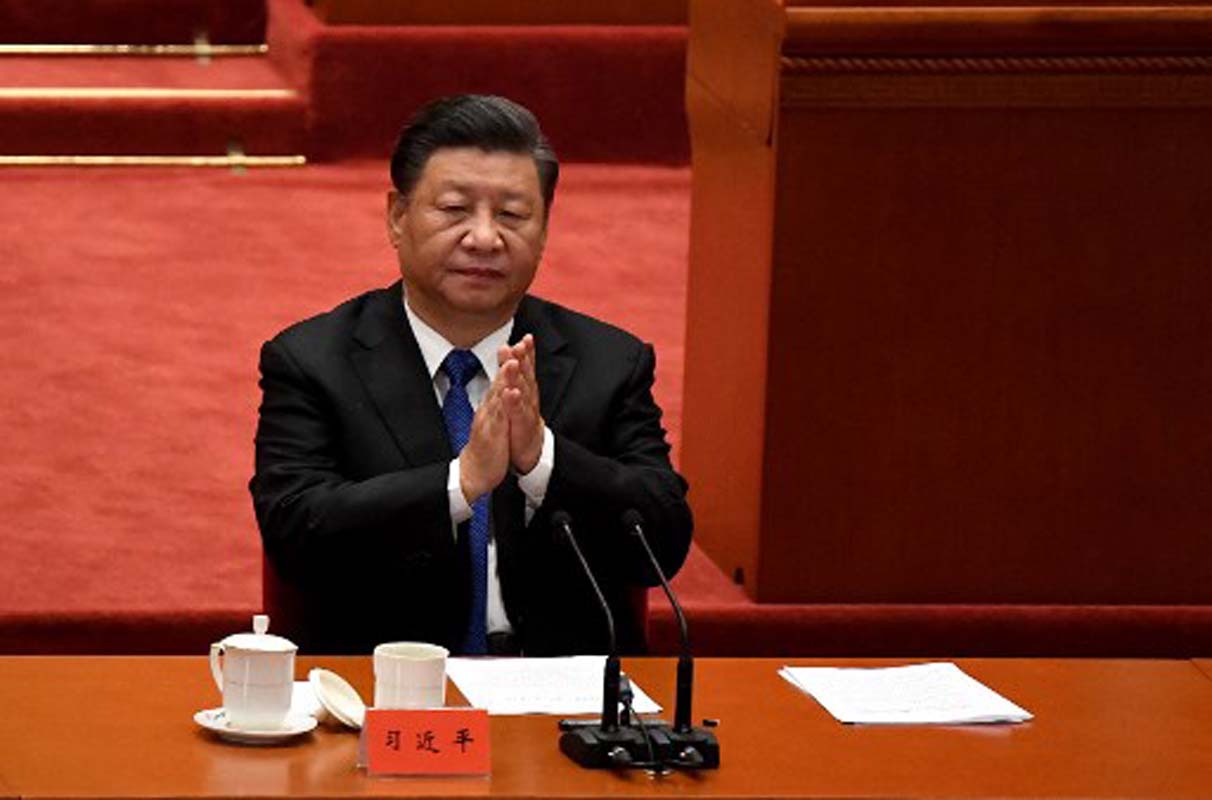Lifestyle
Xi Jinping Visits Tibet to Mark 60 Years of Autonomy

Chinese President Xi Jinping made an unannounced visit to Tibet on August 19, 2023, addressing a crowd of approximately 20,000 people to commemorate the 60th anniversary of the establishment of the autonomous region following China’s annexation. This marks only his second visit to the region since assuming the presidency.
During his address in Lhasa, Xi praised local authorities for their efforts in what he termed a “thorough struggle against separatism.” His comments are interpreted as a reference to the ongoing resistance within Tibet against Beijing’s governance. Observers viewed his presence in this strategically sensitive area as a tactic to consolidate control and assert authority over the region.
Xi’s speech notably omitted any mention of the Dalai Lama, the exiled spiritual leader of Tibet who fled to India in 1959. Instead, he focused on the need for political stability, social cohesion, ethnic unity, and religious harmony, stating: “To govern, stabilise and develop Tibet, the first thing is to maintain political stability, social stability, ethnic unity and religious harmony,” according to an official summary of his remarks.
The visit comes just two months after the Dalai Lama announced that his successor would be chosen by his own office rather than by Beijing, contradicting China’s insistence that it holds the authority over this decision. Now aged 90, the Dalai Lama continues to advocate for a “middle way” approach, seeking genuine autonomy for Tibet within the framework of China. Despite this, Beijing labels him a separatist, further complicating the dynamics of the region.
While Chinese officials assert that Tibetans enjoy religious freedom and cultural expression, human rights organizations argue that Beijing’s policies are systematically eroding Tibet’s unique cultural and spiritual identity. The ongoing tensions between local aspirations for autonomy and the central government’s assertions of control underscore the delicate balance of power in this historically contentious region.
Xi’s visit underscores the ongoing complexities surrounding Tibet’s status and the broader implications for China’s governance strategies. As the region grapples with its identity and autonomy in the face of central authority, the future of Tibet remains a critical point of contention in Sino-Tibetan relations.
-

 Lifestyle4 months ago
Lifestyle4 months agoHumanism Camp Engages 250 Youths in Summer Fest 2025
-

 Business5 months ago
Business5 months agoKenvue Dismisses CEO Thibaut Mongon as Strategic Review Advances
-

 Sports4 months ago
Sports4 months agoDe Minaur Triumphs at Washington Open After Thrilling Comeback
-

 Sports5 months ago
Sports5 months agoTupou and Daugunu Join First Nations Squad for Lions Clash
-

 Top Stories5 months ago
Top Stories5 months agoColombian Senator Miguel Uribe Shows Signs of Recovery After Attack
-

 World5 months ago
World5 months agoASEAN Gears Up for Historic Joint Meeting of Foreign and Economic Ministers
-

 Health4 months ago
Health4 months agoNew Study Challenges Assumptions About Aging and Inflammation
-

 Business5 months ago
Business5 months agoOil Prices Surge Following New EU Sanctions on Russia
-

 Entertainment4 months ago
Entertainment4 months agoDetaşe-Sabah Violin Ensemble Captivates at Gabala Music Festival
-

 Entertainment4 months ago
Entertainment4 months agoBaku Metro Extends Hours for Justin Timberlake Concert
-

 Top Stories5 months ago
Top Stories5 months agoRethinking Singapore’s F&B Regulations Amid Business Closures
-

 Business5 months ago
Business5 months agoU.S. House Approves Stablecoin Bill, Sends to Trump for Signature









